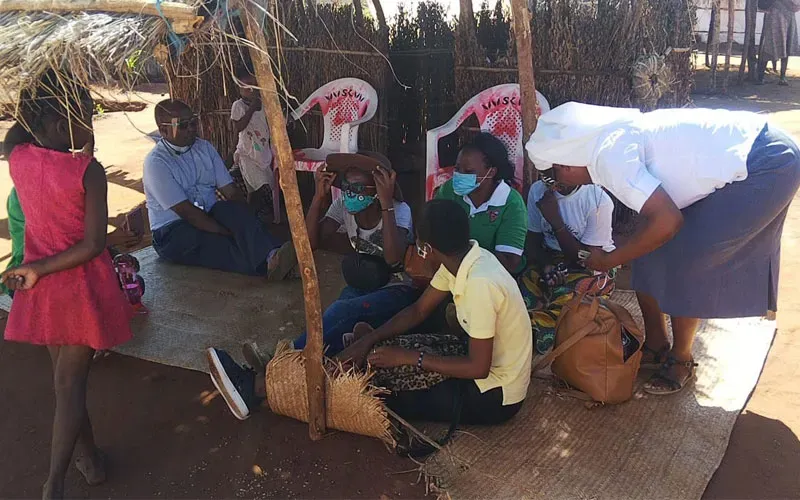Maputo, 15 May, 2022 / 9:20 pm (ACI Africa).
Catholic charity foundation, Denis Hurley Peace Institute (DHPI), is contesting the ultimatum given by authorities in Mocímboa da Praia in Mozambique’s embattled province of Cabo Delgado, requiring civil servants who had fled from violence in the town to return to work.
In a report sent to ACI Africa, officials of the peace entity of the Southern African Catholic Bishops’ Conference (SACBC) say that what has remained in the hands of militants for years is not yet safe for occupation by people who had been displaced.
DHPI officials mention a May 5 alert that is said to have been given by the Municipal Council of Mocímboa da Praia, giving a period of 10 days for all employees to return to the town, which was recovered in August 2021 after having remained in the hands of violent extremists for almost a year.
“The Mayor Cheia Carlos Momba summoned all the employees of the municipality to present themselves, on 15th of May, in the village of Mueda, from where they should take transport to Mocímboa da Praia,” DHPI officials say.
According to the SACBC peace entity, the statement ends with a warning, “The absence of the employee will merit administrative measures”.








